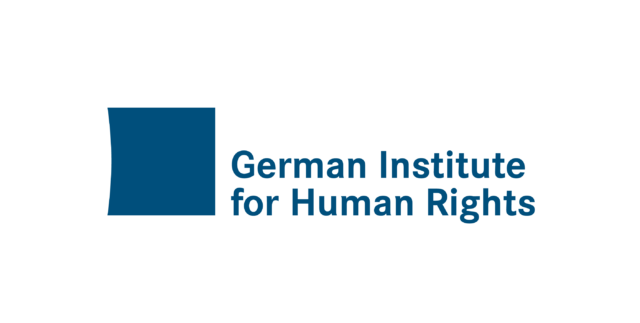Retrospective
Securing Land Tenure Rights: Key to fair framework conditions
Moderator Nosipho Jezile, Ambassador and Permanent Representative of South Africa to the UN in Rome and Chairperson of the UN Committee on World Food Security (CFS) welcomed participants and panellists by underlining the essential role of land for the realization of a range of human rights, especially the right to adequate food. She highlighted the relevance of the CFS Voluntary Guidelines on Responsible Governance of Tenure of Land, Fisheries and Forests (VGGT) which provide comprehensive and detailed guidance for policies that recognize and protect legitimate tenure rights.
The reality check from the territories was led by inputs from representatives of small-scale food producers. Morgan Ody, General Coordinator of the international peasant movement La Vía Campesina pointed to the increased competition over land that is further growing with the climate crisis, energy crisis, conflicts and massive land grabbing led by transnational corporations and powerful countries, threatening peasants and Indigenous Peoples all over the world. Instead, ambitious public policies for redistributive agrarian reforms and agroecology are needed to pave the way towards social justice, peace and the protection of nature.
Qammar Abbas, Delegate to the GFFA Young Farmers Forum and representative of Pakistan Kissan Rabita Committee (PKRC) brought the experience from his country: Land grabbing, spearheaded under initiatives like the Green Pakistan Initiative, is displacing millions of rural families, deepening inequalities, and threatening the future of small-scale farming in Pakistan. He stressed the need for comprehensive land reforms to ensure secure access to land and legal protection against evictions for landless peasants, especially women and youth.
In his key note, Michael Windfuhr, Deputy Director of the German Institute for Human Rights and Member of the UN Committee on Economic, Social and Cultural Rights (CESCR) explained how secure and equitable access to use of and control over land for individuals and communities can be essential to combat hunger and poverty and to guarantee the right to an adequate standard of living, including the right to food, housing, water, and energy. He outlined human rights principles and States‘ obligations in relation to the access to, use of and control over land, as described in CESCR’s General Comment 26, with special implications for the most disadvantaged and marginalized people.
Marina Godoi de Lima, Deputy Vice-Minister for Agrarian Development and Family Farming of Brazil presented on public policies for family farming that effectively contribute to the realization of the right to adequate food for both peasants and consumers. She recalled the constitutional mandate to uphold the right to land and redistributive agrarian reform in her country and highlighted the practice of social participation and constant dialogues with peasant organizations, Indigenous Peoples and traditional and afro-descendent communities. She also emphasized the global relevance of the International Conference on Agrarian Reform and Rural Development (ICARRD), to be held in Colombia in 2026.
Land as a conflict catalyst was explained by Ana María Suárez Franco, Secretary General of FIAN International, taking the case of Colombia. Concentration of land ownership and power asymmetries often trigger conflicts and constitute a persistent challenge in both conflict and post-conflict contexts. In Colombia, the conflict displaced over 7 million people, stripping them of their livelihoods. After the peace agreement, recognizing the right to land and enabling restitution were pivotal for rebuilding lives. In Colombia and worldwide, special attention must be given to the rights of rural women, as outlined in General Recommendations 34 of CEDAW (Committee on the Elimination of Discrimination against Women), the UN Declaration on the Rights of Peasants (UNDROP) and the CFS Guidelines on Gender Equality and Women’s and Girls‘ empowerment.
Juan Echanove, FAO Right to Food Team Leader, called for the deeper understanding that securing land rights is not just a technical or economic issue—it is central to achieving the Right to Food. FAO advocates for recognizing and protecting diverse forms of tenure—customary, collective, leasehold, and ownership—particularly for vulnerable groups such as Indigenous Peoples, women, and small-scale food producers. These groups often face systemic barriers to land access, which directly impacts their ability to exercise their Right to Food. Furthermore, strengthening social accountability mechanisms ensures that governments and other stakeholders uphold their obligations under international law, fostering inclusive and sustainable development.
In her closing remarks, Moderator Nosipho Jezile concluded that the panel demonstrated that securing land tenure rights remains fundamental for advancing the effective realization of many human rights and particularly the right to adequate food. The pressure on land will, however, continue and grow, especially due to conflicting land use interests, and aggravated by the effects of climate change, land degradation, ongoing conflicts and land concentration.
For CFS, the issue of land tenure could be a key topic for the discussions around the High-Level Forum to be held in 2025 on the right to food and the three Rio-Conventions. New policies are needed to facilitate access to land and natural resources for young farmers and peasants, women and men, and the proposed International Conference on Agrarian Reform and Rural Development (ICARRD+20) convened by Colombia for 2026 can be seen as a catalytic moment for advancing such policies.
Finally, she expressed her gratitude to panellists and participants, as well as to the interpreters and technical staff, and to the German Federal Ministry of Food and Agriculture and the GFFA for their support.
Panelists
Keynote Speaker
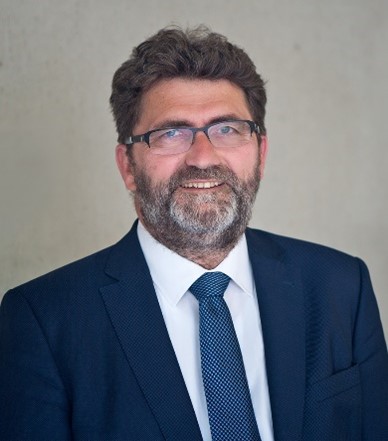
Michael Windfuhr
Deputy Director
German Institute for Human Rights
Moderators & Panelists
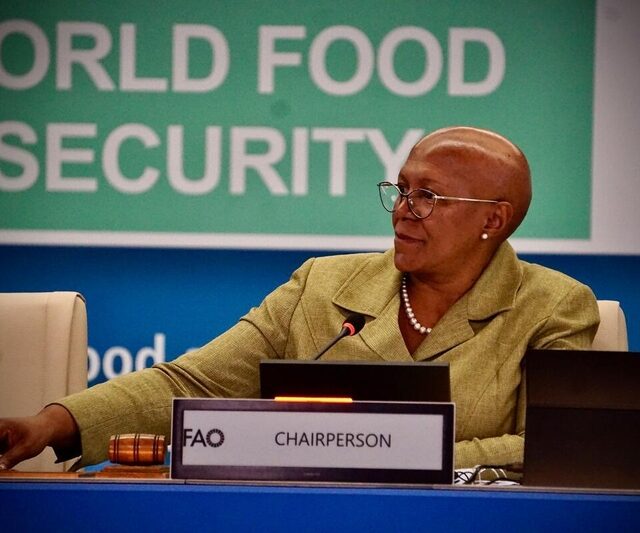
Nosipho Nausca-Jean Jezile
Ambassador of South Africa in Rome, Chairperson of CFS
Chairperson of the Committee on World Food Security (CFS) and Ambassador in Rome, Italy, and Permanent Representative of the Republic of South Africa to the United Nations Agencies in Rome

Morgan Ody
General Coordinator
General Coordinator of La Via Campesina

Ana María Suárez Franco
Permanent Representative in Geneva
FIAN International
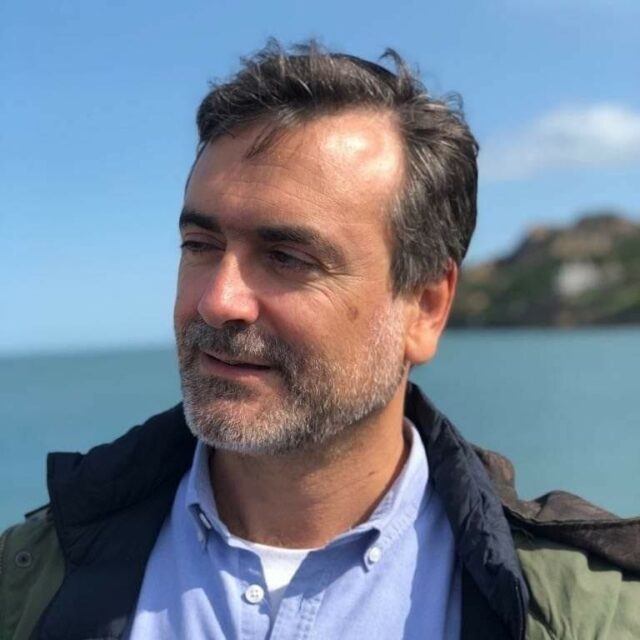
Juan Echanove
FAO Right to Food Team Leader
FAO
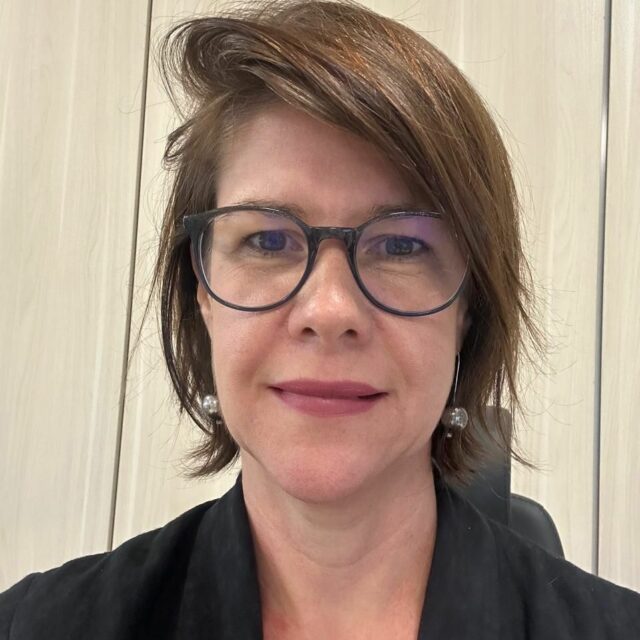
Marina Godoi de Lima
Deputy Executive Secretary
Ministry of Agrarian Development and Family Farming (MDA), Brazil
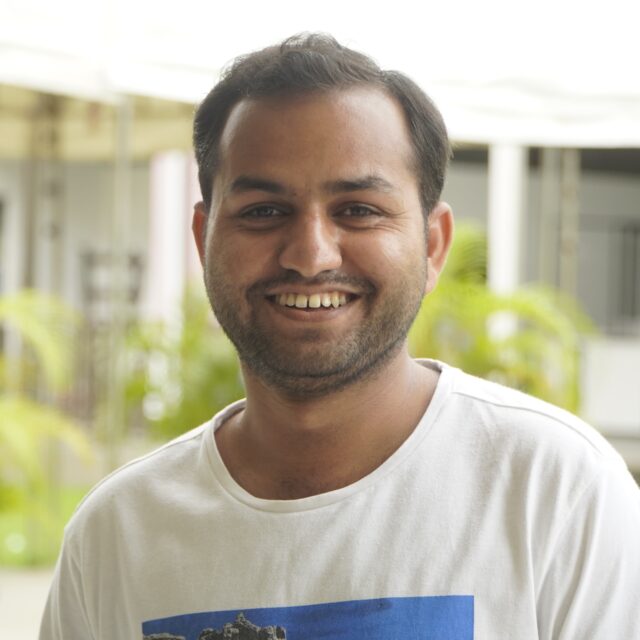
Qammar Abbas
Pakistan



